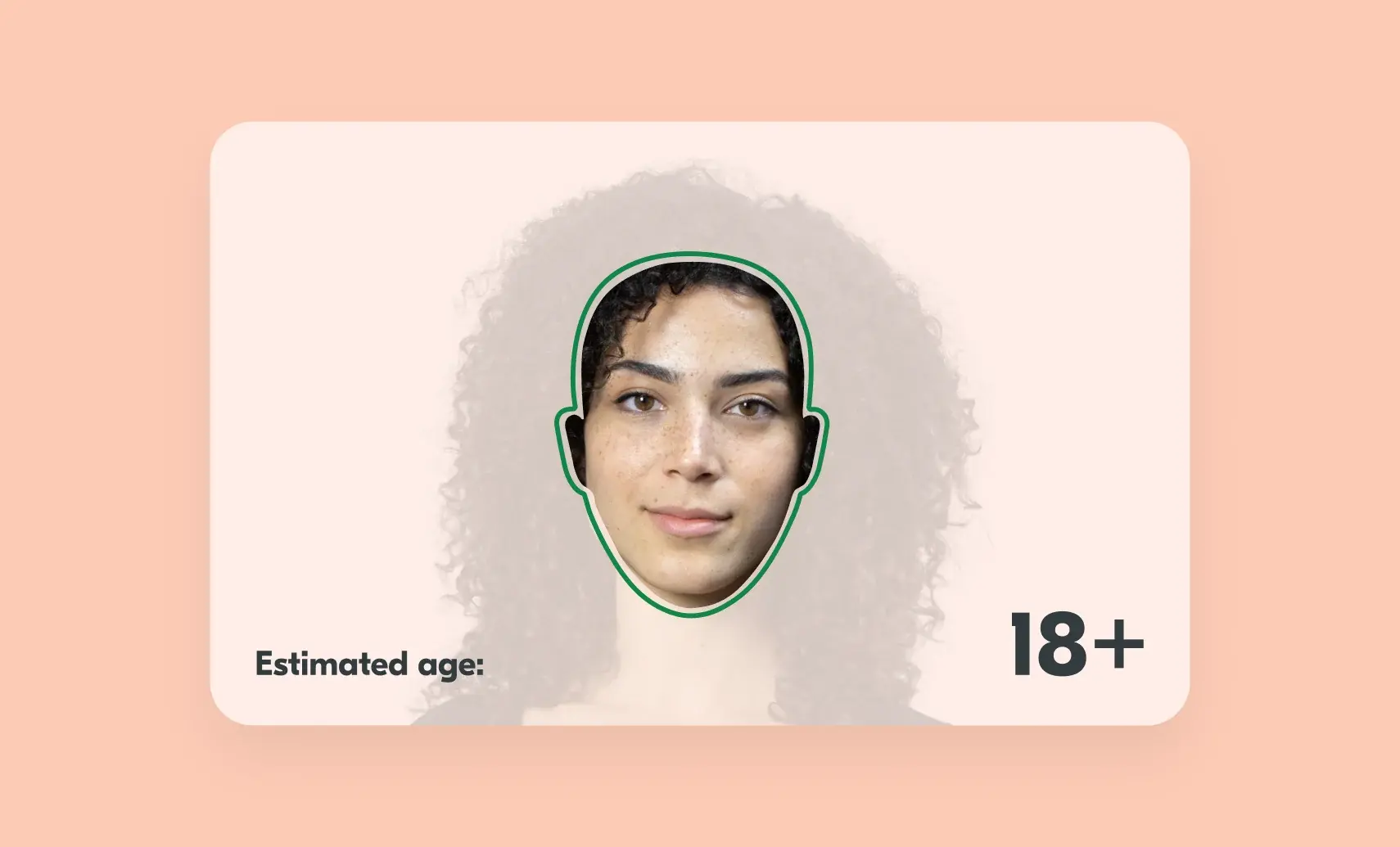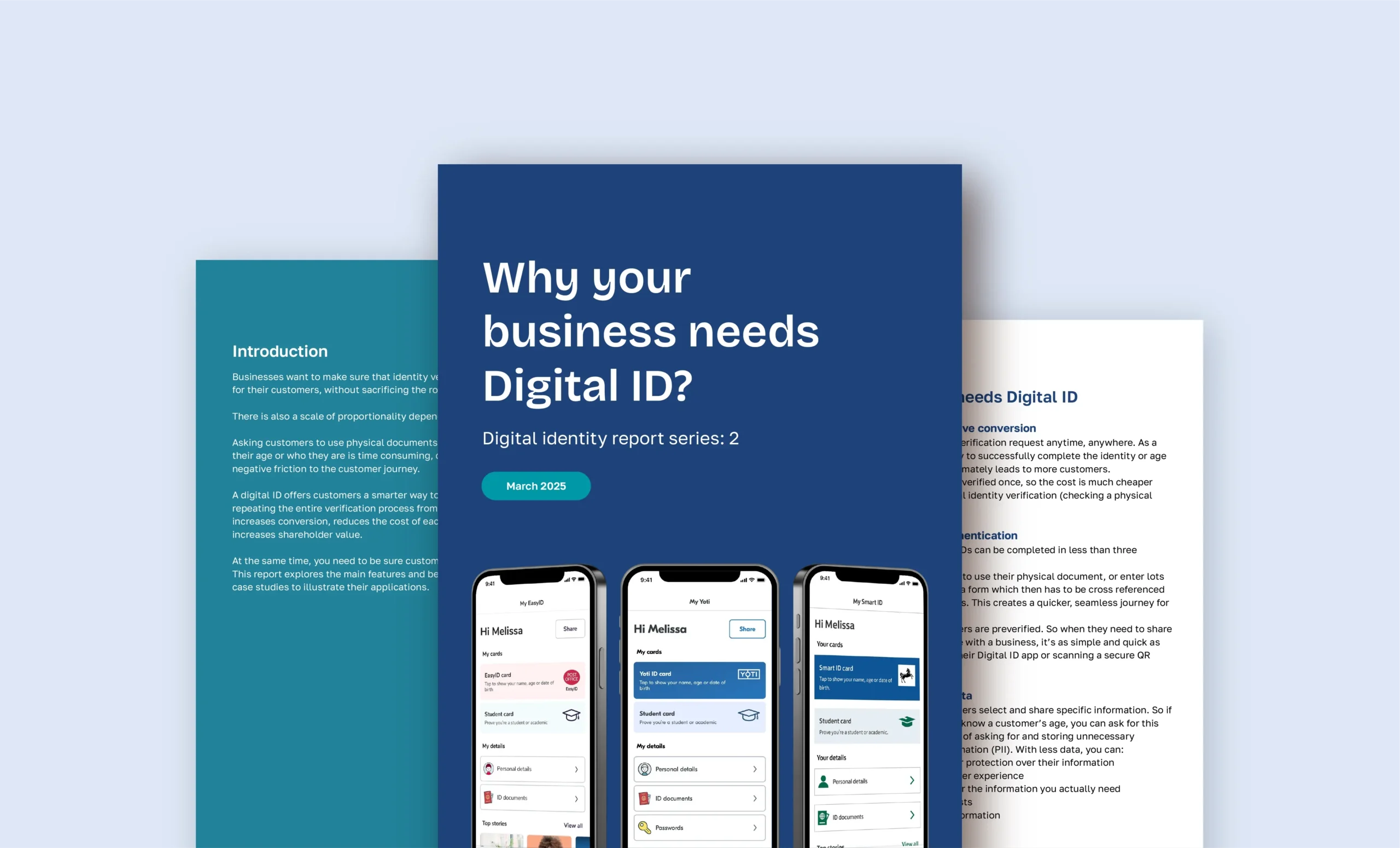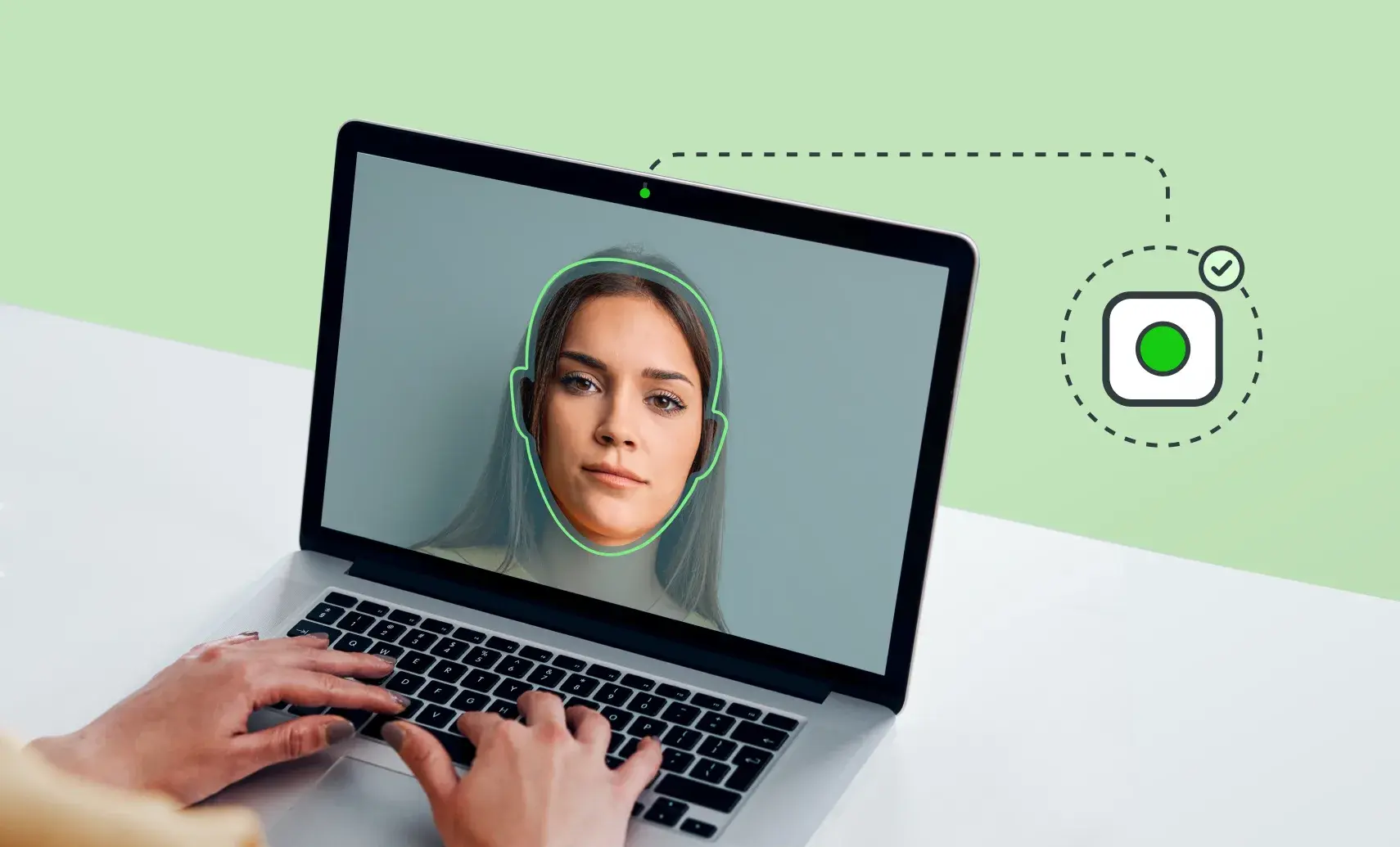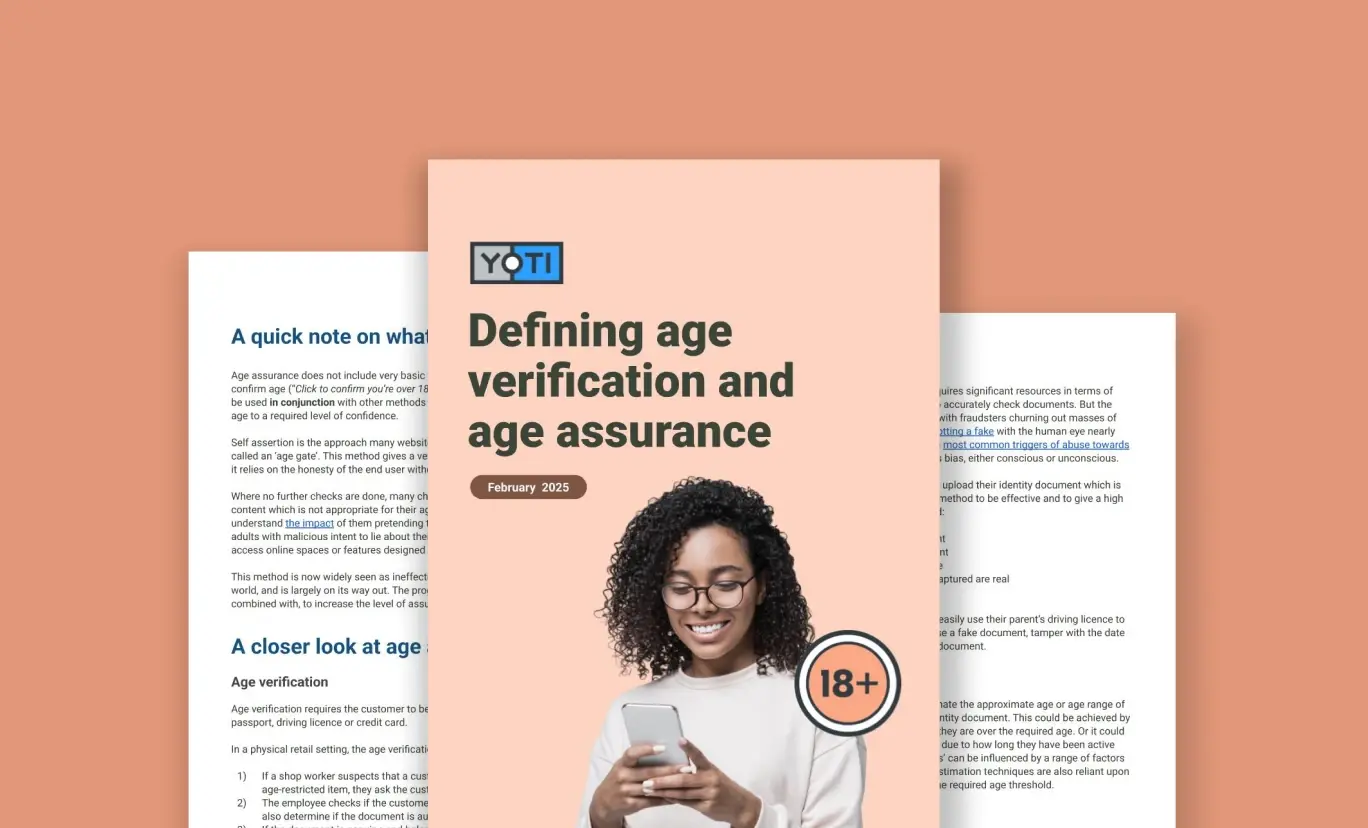How accurate can facial age estimation get?
Facial age estimation using machine learning has advanced significantly in recent years. But, a common and fair question still arises: How accurate can it really be? Can a system look at your face and accurately guess your age, especially when humans often get it wrong? The short answer is that it’s very accurate – but not perfect. We explain why. The myth of 100% accuracy It’s important to set realistic expectations. No facial age estimation model can achieve 100% accuracy across all ages. Human aging is highly individual and shaped by many external factors, especially as we get
Why testing data is as important as training data for machine learning models
When developing machine learning systems for facial age estimation, the conversation often centres on the training data: how much you have, how diverse it is, how inclusive it is, and how well it represents your end users. Not to mention, where the data comes from. Intuitively, that focus makes sense. More data presumably leads to better models. But test data is just as important, and in some ways, even more critical for ensuring models perform effectively. Training data: more isn’t always better Common sense would suggest that for a machine learning model “the more data, the better.” And that’s
An overview of changes to Companies House identity verification standard (and what it means for ACSPs)
As an Authorised Corporate Service Provider (ACSP), you’ll be aware of the upcoming changes to the Companies House identity verification standard. In 2025, anyone setting up, running, owning or controlling a company in the UK, namely directors and persons with significant control (PSCs), will be required to verify their identity to prove who they are. These changes come as part of the Economic Crime and Corporate Transparency Act 2023 and aim to prevent anyone seeking to use Companies House for fraudulent activities. Failing to comply with mandatory identity verification requirements could result in fines and restrictions on company activities.
Yoti Digital Identity Report 2 – Why your business needs Digital ID
Our second Digital ID report focuses on the value of Digital ID to businesses. This year is shaping up to be a transformational one in terms of how people verify their identity, with Digital ID at the core of how technology can improve the verification process, user experience and reduce fraud. We address how to introduce Digital ID into your onboarding processes as well as the future of Digital ID wallets. Download our report below. Our first Digital ID report can be found here. Download
Deepfake attacks: Rising fraud trends and our experience in preventing them
In 2024, we witnessed a significant increase in the number of deepfake attacks, or injection attacks during age and identity verification checks. The percentage of attacks increased from 1.6% to 3.9%. In absolute terms, this is a significant rise in the total number of attacks we have detected as we significantly expanded our services in 2024. We now perform over 5 million checks per week across all our services. With the introduction of various regulations globally, companies have been obliged to implement more robust age or identity checks for their users. We have seen injection attacks across identity verification
Defining age verification and age assurance
Age is becoming an increasingly important focus for governments globally, with legislation being enacted across multiple states and countries. Our latest report looks at: The difference between age verification and age estimation Why self declaration is not age assurance The importance of balancing proportionality and privacy Download






